Simple Sensors 2021, Netherlands, Amsterdam
Privacy-friendly sensing in the city
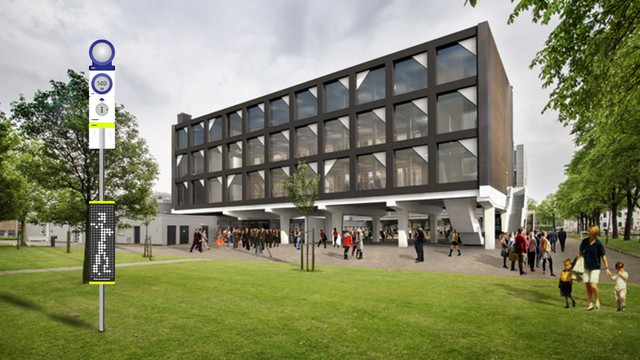
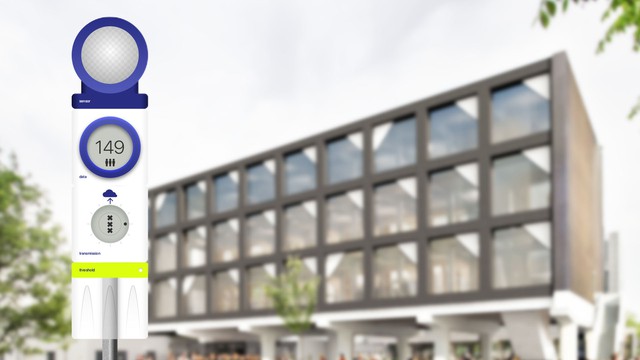
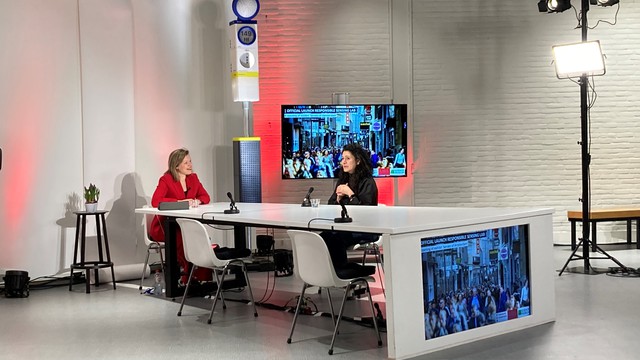
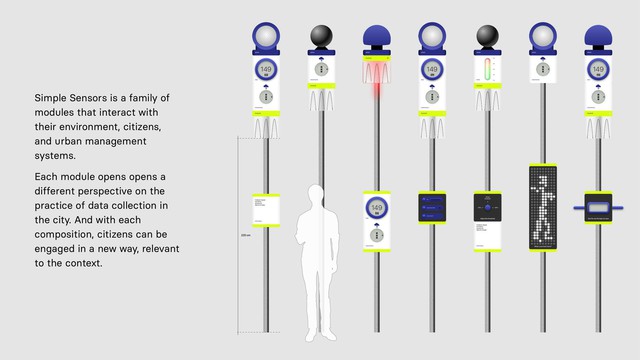
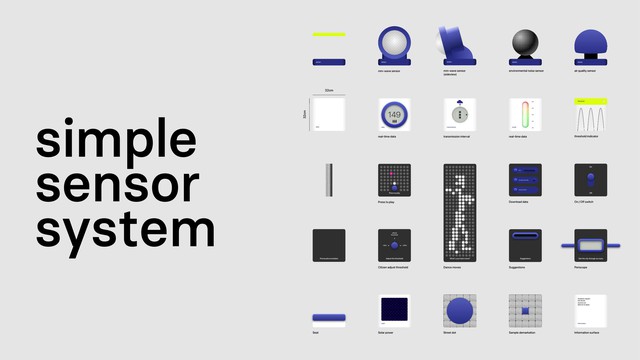
The smarter the city, the more it measures in public space. With Simple Sensors cities can collect data responsibly. With its design and clear presence in public space it shows real time insight about what is measured, who is using this data and for what purposes.
Simple Sensors is a family of modules, designed by The Incredible Machine, that interact with their environment, citizens, and urban management systems. Through different configurations citizen can engage in different ways. For example the sensor shows realtime what is measured, who is using the collected data and for what purposes. Additional the bright yellow and blue design is very present in public space as an interface to city management and invites people to verify if the sensor is working as intended. On top it has playful features that invite citizens to engage with the sensor. Simple Sensors contribute to creating a more ‘responsible’ Smart City, where citizen feel safe and not spied on. The mmWAVE sensor is the first so-called 'Simple Sensor' to be introduced in Amsterdam. The mmWAVE sensor itself is an innovative technique that sees moving objects (such as people) as a collection of dots in space. This enables cities to measure crowds and movements of people while maintaining the privacy of citizens. Combinig this novel technique in combination with the the simple sensor design we develop a privacy friendly crowdmonitoring sensor for the city of Amsterdam.
https://www.ams-institute.org/urban-challenges/urban-data-intelligence/responsible-sensing-lab/
Details
Building or project owner : Responsible Sensing Lab - City of Amsterdam & AMS Institute
Project artist/ concept/ design/ planning : The Incredible Machine
Descriptions
Urban situation : The Responsible Sensing Lab is an initiative by the City of Amsterdam and AMS Institute. As society evolves rapidly, the use of innovative technologies by the City of Amsterdam is increasing. Smart technologies help the municipality to improve the quality of life in the city, to enhance safety, efficiency, sustainability and livability. Simultaneously, novel technologies could impact social values. The Responsible Sensing Lab explores how public and democratic values can be embedded in the design of innovations in public space. This contributes to the ambition by the City of Amsterdam to be a responsible, digital city. Simple Sensors is one of the projects iniated by the lab.
Participatory architecture & urban interaction
Community or communities involved : Citizens of Amsterdam
Issues addressed : City officials require sensor data to optimize operations, plan projects, or measure effects of interventions. Most often, there is no immediate benefit for citizens of collecting data. It’s after data is processed, that it informs an action that affects citizens. Concerns about a sensor are often connected to concerns about potential action, and that the action has negative implications. Simple Sensors adresses this by: 1. Clear affordances that indicate what is measured 2. Real-time insight in how measurements are converted into data. 3. Show who is using data and for what purposes. 4. Indicate the intervals with which data is shared 5. Clear presence in public space as interface to city management 6. Invite people to verify if the sensor is working as intended. 7. Have playful features that invite citizens to engage with the sensor.
Mediacredits
The Incredible Machine
The Incredible Machine
Anouk Wieleman
Responsible Sensing Lab
Responsible Sensing Lab
Responsible Sensing Lab